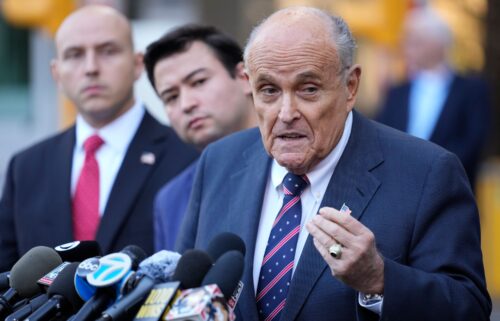White House responds to Russia’s decision to put deterrence forces on high alert
By Sam Fossum and Arlette Saenz, CNN
White House press secretary Jen Psaki said Sunday that Russian President Vladimir Putin’s decision to put Russia’s deterrence forces, which includes nuclear arms, on high alert are part of a wider pattern of unprovoked escalation and “manufactured threats” from the Kremlin.
“This is really a pattern that we’ve seen from President Putin through the course of this conflict, which is manufacturing threats that don’t exist in order to justify further aggression — and the global community and the American people should look at it through that prism,” Psaki told ABC’s George Stephanopoulos on “This Week.”
Additionally, a senior administration official told CNN on Sunday that Putin’s move was “yet another escalatory and totally unnecessary step,” a senior administration official said Sunday.
“At every step of this conflict Putin has manufactured threats to justify more aggressive actions — he was never under threat from Ukraine or from NATO, which is a defensive alliance that will not fight in Ukraine,” the official said.
“The only reason his forces face a threat today is because they invaded a sovereign country, and one without nuclear weapons. This is yet another escalatory and totally unnecessary step,” they added.
Putin’s move comes in the face of universal condemnation from Western powers over Moscow’s unprovoked assault on Ukraine, now in its fourth day.
“Top officials in leading NATO countries have allowed themselves to make aggressive comments about our country, therefore I hereby order the Minister of Defense and the chief of the General Staff to place the Russian Army Deterrence Force on combat alert,” Putin said in a televised meeting with top Russian defense officials.
Putin also said the Western sanctions placed on Russia were unlawful.
This story is breaking and will be updated.
The-CNN-Wire
™ & © 2022 Cable News Network, Inc., a WarnerMedia Company. All rights reserved.
CNN’s Tim Lister, Ivana Kottasová, Julia Hollingsworth and Laura Smith-Spark contributed to this report.


